Who runs the world?
This article addresses one of the core tenets of Rebellious Leadership for women. Over three months, my flagship program brings a group of women together to step into this paradigm so they can feel more freedom and regain agency over their own experience.
Rebellious Leader core tenet: A Rebellious Leader has the courage to break from the expectations placed upon her by the outside world.
Robert Kegan is a Harvard professor who pioneered adult development theory. This theory states that becoming an adult isn’t about learning new things. Instead it’s about changing the way we know and understand the world. That is a radical idea in today’s “growth” culture that implies you have to learn more to have a more meaningful life and career.
According to Kegan’s research, most adults sit in the third of five development stages, one called The Socialised Mind. In this stage, the ideas, norms and beliefs of the people and systems around us define what’s most important. We take responsibility for what those people and systems expect of us — essentially following a set of rules set out for us.
The next stage of his development theory, the Self-Authoring Mind, is where roughly one-third of the adult population operates. In this stage, you can define who you are, and you’re not defined by other people, your relationships or the environment. You understand you’re a person with thoughts, feelings and beliefs that are independent from the standards and expectations of your environment. In this stage, you can distinguish the opinions of others from your own opinions to formulate your own “seat of judgment.” From your own seat of judgment you can make more satisfying choices.
A Rebellious Leader, with her courage to break free from society’s expectations, has a self-authoring mind.
Reaching this stage of development doesn’t mean you never satisfy others’ expectations. It simply means you feel free to make any choice available to you. This choice will sometimes mean aligning action to expectations, and at other times you’ll deviate from those expectations by making a more suitable choice for yourself.
A senior female leader I spoke with last week described this paradigm beautifully. She was describing feedback she’d recently received about a need to be more collaborative. Her interpretation of this feedback was tied to an expectation that she do more invisible work behind the scenes than her male counterparts, like pre-meetings to vet ideas, extra revisions on decks to tone down the directness in her language, and the pre-smoothing over of input she’s chosen not to weave into her division’s approach. Behind every one meeting “should” lay a handful of meetings to minimize others’ defensiveness and maximize their support of her initiatives.
In some instances, she might see the choice to adhere to those expectations as valuable. Yet at this phase in her career and development, she firmly believes opting out of that invisible work is also a valid choice. It doesn’t mean others’ expectations will shift, but it means she can feel comfortable breaking from those expectations when she deems appropriate. She can differentiate between others’ expectations and her choices.
When her choices do deviate from outside expectations, she doesn’t deny the impact of her decisions. She stands firm in her leadership by being responsible and respond-able for her choices. She’s willing to accept the impact of her choices. What she decides to do next includes her knowledge of the impact she’s already created and leads from that place.
Call for reflection:
What is one expectation you want freedom from?
Shine On,
Alicia
(Image by Miguel Bruna via Unsplash)



